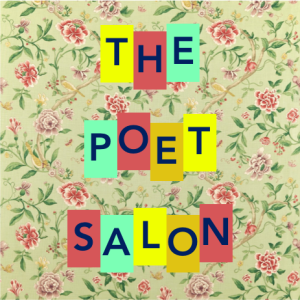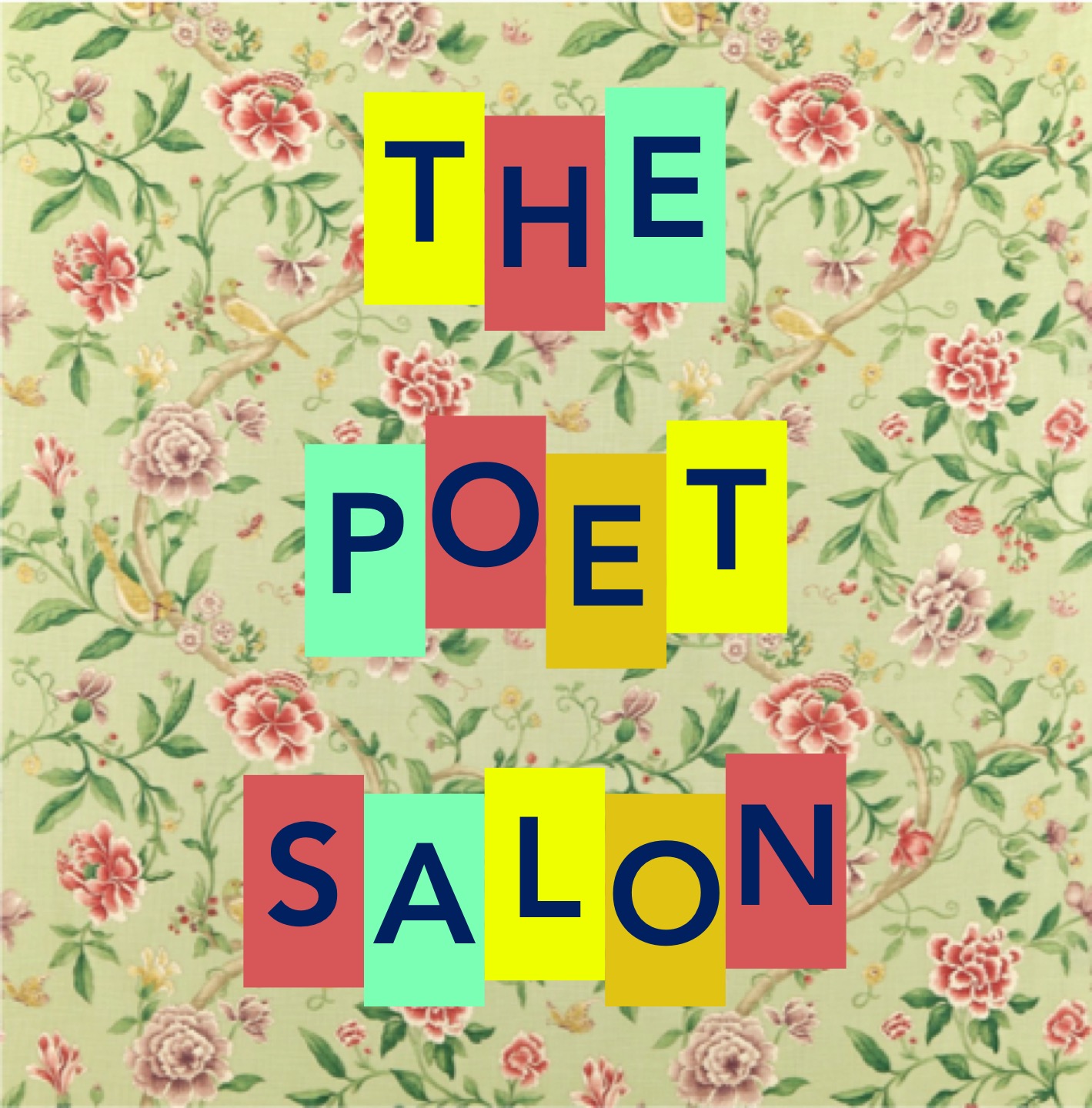Episodes

Monday Feb 25, 2019
Quenton Baker reads Gwendolyn Brooks' "Riders to a Blood-Red Wrath"
Monday Feb 25, 2019
Monday Feb 25, 2019
O dearest listeners, this week’s episode is a banger. The last time you heard us, we chopped it up with our homie, the immaculate Quenton Baker, about erasure, rigor, rap, and more. This week, Quenton brought in an underapprecated Gwendolyn Brooks’ poem “Riders to a Blood-Red Wrath”, and, well, we all just marvel at it for a while.
QUENTON BAKER is a poet, educator, and Cave Canem fellow. His current focus is anti-blackness and the afterlife of slavery. His work has appeared in Jubilat, Vinyl, Apogee, Poetry Northwest, Pinwheel, and Cura and in the anthologies Measure for Measure: An Anthology of Poetic Meters and It Was Written: Poetry Inspired by Hip-Hop. He has an MFA in Poetry from the University of Southern Maine and is a two-time Pushcart Prize nominee. He is a 2017 Jack Straw Fellow and a former Made at Hugo House fellow, as well as the recipient of the 2016 James W. Ray Venture Project Award and the 2018 Arts Innovator Award from Artist Trust. He is the author of This Glittering Republic (Willow Books, 2016).
GWENDOLYN BROOKS is one of the most highly regarded, influential, and widely read poets of 20th-century American poetry. She was a much-honored poet, even in her lifetime, with the distinction of being the first Black author to win the Pulitzer Prize. She also was poetry consultant to the Library of Congress—the first Black woman to hold that position—and poet laureate of the State of Illinois. Many of Brooks’s works display a political consciousness, especially those from the 1960s and later, with several of her poems reflecting the civil rights activism of that period. Her body of work gave her, according to critic George E. Kent, “a unique position in American letters. Not only has she combined a strong commitment to racial identity and equality with a mastery of poetic techniques, but she has also managed to bridge the gap between the academic poets of her generation in the 1940s and the young Black militant writers of the 1960s.” (read the rest here)


Comments (0)
To leave or reply to comments, please download free Podbean or
No Comments
To leave or reply to comments,
please download free Podbean App.